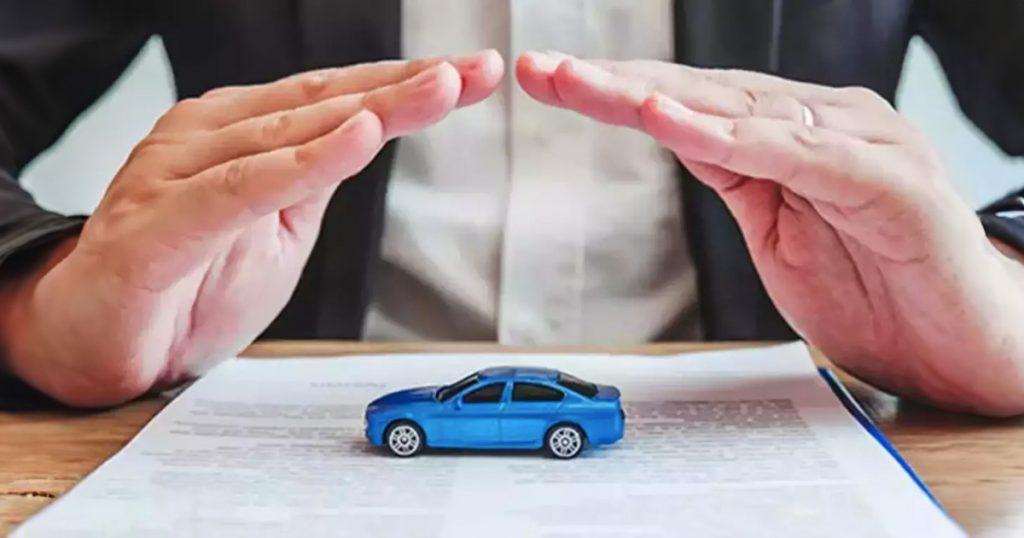Getting car insurance for the first time can be scary, especially if you’re new to owning a car. Whether you’re just out of school, starting your career, or have never dealt with insurance, it can feel like a lot to take on. But don’t worry! With the correct information and some preparation, you can get the coverage you need without breaking the bank. See what you need to know about getting car insurance for the first time, from understanding the basics to finding the right policy for your needs.
Getting To Know Car Insurance First
Knowing how it works is essential to understanding the process of getting car insurance for the first time. Car insurance is a contract between you and an insurance company that covers you financially in case of an accident, theft, or other damage to your vehicle. In exchange for a monthly or annual premium, the insurance company promises to cover the costs of these incidents up to the policy limitations.
The average cost of full coverage car insurance in the United States is $2,068 annually. To decide your premium, insurers consider where you reside, age, vehicle type, credit history, and driving record.
Where you live determines how much you pay for auto insurance. Generally, the more people in your area, the higher the prices. Also, each state has laws about how much minimum car insurance you need, which can impact your pay.
Types of Coverage
There are several types of car insurance coverage you may encounter when shopping for a policy:
- Liability Coverage: This is the most basic car insurance required by most jurisdictions. It pays for any damages or injuries you cause to others in an accident.
- Collision Coverage: This coverage covers car repairs if you are involved in an accident, regardless of who is to blame.
- Comprehensive Coverage: This insurance assists in paying for damage to your car resulting from circumstances other than accidents, such as theft, vandalism, or natural disasters.
- Personal Injury Protection (PIP) or Medical Payments Coverage: This coverage covers your and your passengers’ medical expenditures in the event of a collision, regardless of who is at fault.
- Uninsured/Underinsured Motorist Coverage: This covers the expenses for damages or injuries caused by an uninsured or underinsured driver.
Preparing for Your First Car Insurance
Before you dive into getting car insurance, take these steps to get ready:
- Figure Out Your Coverage Needs: Determine what coverage you need based on your driving habits, car value, and finances. Do you just need the basics or want more protection?
- Research Insurance Companies: Check out different insurers to compare prices, coverage, and their customers’ happiness. You can use websites and reviews to help.
- Get Your Info Together: Have your driver’s license, car details, and how much you drive ready for the insurance company.
- Know Your Budget: Determine your monthly insurance budget. This will assist you in determining the most appropriate coverage for your financial condition.
How to get car insurance for the first time?
Getting car insurance for the first time doesn’t have to be complicated. Here’s a simple guide to help you through the process:
- Determine Your Needs: Consider factors like your budget, the value of your car, and your state’s minimum requirements for insurance coverage.
- Gather Information: To acquire a quote, you will need your driver’s license, vehicle registration, and vehicle identification number.
- Shop Around: Get quotes from various insurance companies to compare rates and coverage options. You can do this online or by calling an agent directly.
- Review and Compare: Carefully review the quotes you receive to understand the coverage and cost of each policy.
- Choose a Policy: Select the policy that best meets your needs and budget. Consider coverage limits, deductibles, and customer reviews.
- Purchase Your Policy: Once you’ve chosen a policy, you can buy it online or from an insurance agent. Before signing, make sure you review the policy materials properly.
- Pay Your Premium: You must pay your premium to activate your coverage. You can pay monthly, quarterly, or annually.
- Get Proof of Insurance: You’ll receive a proof of insurance card after purchasing your policy. Keep this card in the car as evidence of coverage.
- Stay Informed: Understand your policy and know what is covered. Maintain your insurance information up to date, and be informed of any changes in coverage or pricing.
By following these steps, you can confidently get car insurance for the first time. Also, note that you can get car insurance even if you don’t have a car yet. Many insurance companies will give you a policy for a vehicle you plan to purchase.
Useful Tips For First-Time Car Insurance Buyers
Here are some tips to help you save money and get the right coverage:
- Maintain a Good Driving Record: A clean driving record can qualify you for lower premiums.
- Consider a Higher Deductible: A higher deductible will lower your rate, but make sure it is affordable if you need to submit a claim.
- Bundle Your Policies: Save money by bundling car insurance with other plans, such as renters or house insurance.
- Take Advantage of Discounts: Many insurers offer discounts for safe driving, anti-theft devices, and good grades.
- Compare Quotes: Obtain quotations from many providers to determine the best rate.
- Understand Coverage Limits: Know the coverage limits of the policies you’re considering.
- Review the Policy Carefully: Before signing up, ensure you understand all the terms and conditions.
Successfully Get Your Car Insurance for the First Time
Getting car insurance for the first time might feel overwhelming, but it doesn’t have to be. With the right information and guidance, it could be straightforward. Learn the fundamentals, choose your coverage, and look for the best deal. This way, you may ensure that you and your vehicle are safe while traveling.
